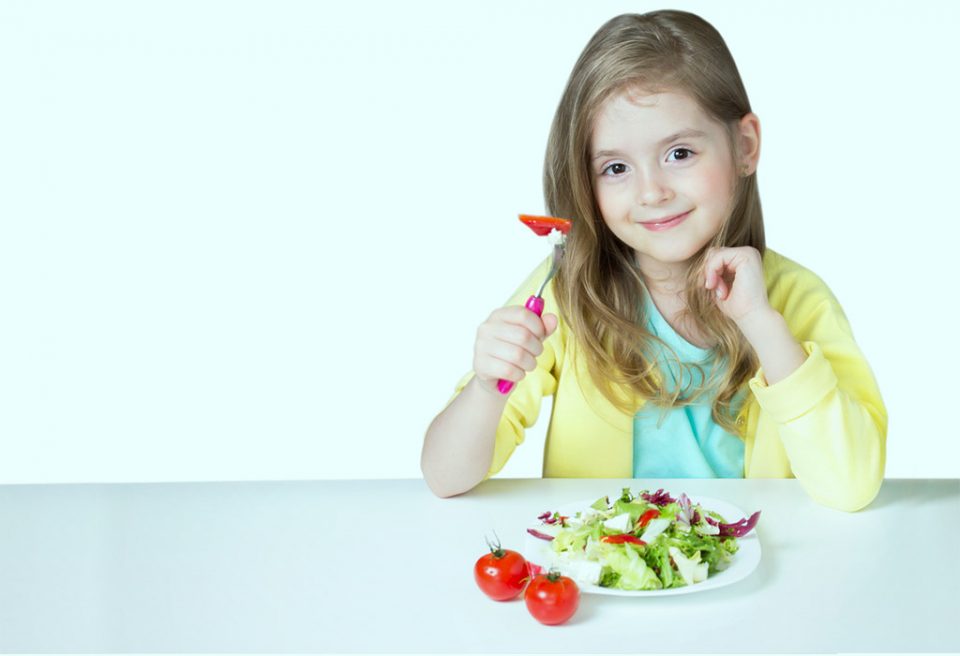Having a balanced diet is essential for every human. However, for children they need the same nutrients but in different amounts.
Fruits & Vegetables
Fruits and vegetables are the main sources of potassium, vitamin C, vitamin A and dietary fibre. There are a wide variety of fruits and vegetables; tomatoes, strawberries, oranges, apples, grapes, carrots, bananas, leafy greens and eggplant. Vegetable should be consumed once every day to provide the body with the nutrients for growth. Having fruits every day keeps us healthy and recharged and is a great way to substitute snack time with fruits.
Proteins
Protein helps to build muscle mass and strengthen your bones. There are different forms of protein that can be consumed animal-based and plant-based.
Animal proteins include:
- Whey (dairy)
- Casein (dairy)
- Egg
- Beef
- Chicken
Plant-Based proteins include:
- Soy
- Pea
- Brown Rice
- Chickpea
Consuming proteins on a daily basis helps children fight infections as well as good sleep at night.
Dairy Foods
Foods in the dairy group offer multiple health benefits including optimal growth, reduced risk of chronic disease, vitamin D, magnesium, vitamin B12 and many more. There are many ways to incorporate dairy foods and milk in daily routine. Start the day with a healthy breakfast of cereal, milk and fruit. Include cheese on toast, salad or sandwich at lunch. Yoghurt can also be added with fruits and served as fruit yoghurt for snacks.
Grains
Grains include bread, cereal and oatmeal. These are a good source of fibre, carbohydrates, proteins and a wide range of minerals and vitamins. Only whole grains should be given to children and refined grains to avoided because they are processed which strips of the nutrients.
Feeding your child with the right amount of food in his/her growing age is extremely important for a healthy future.

